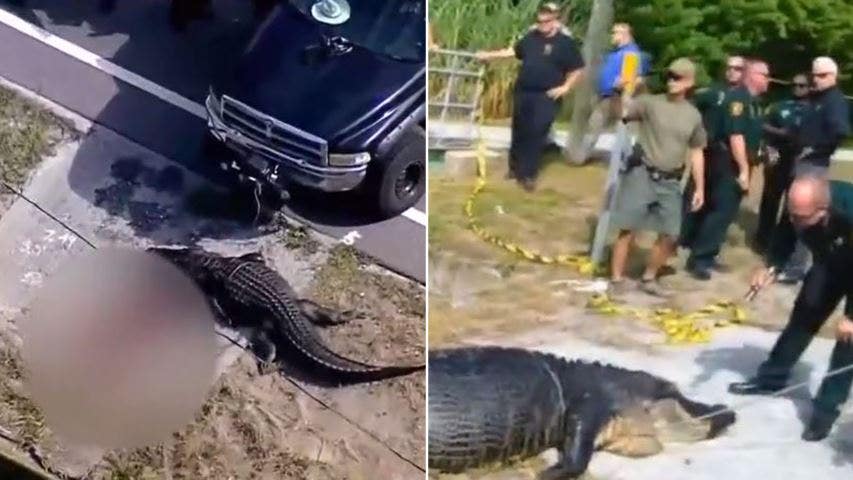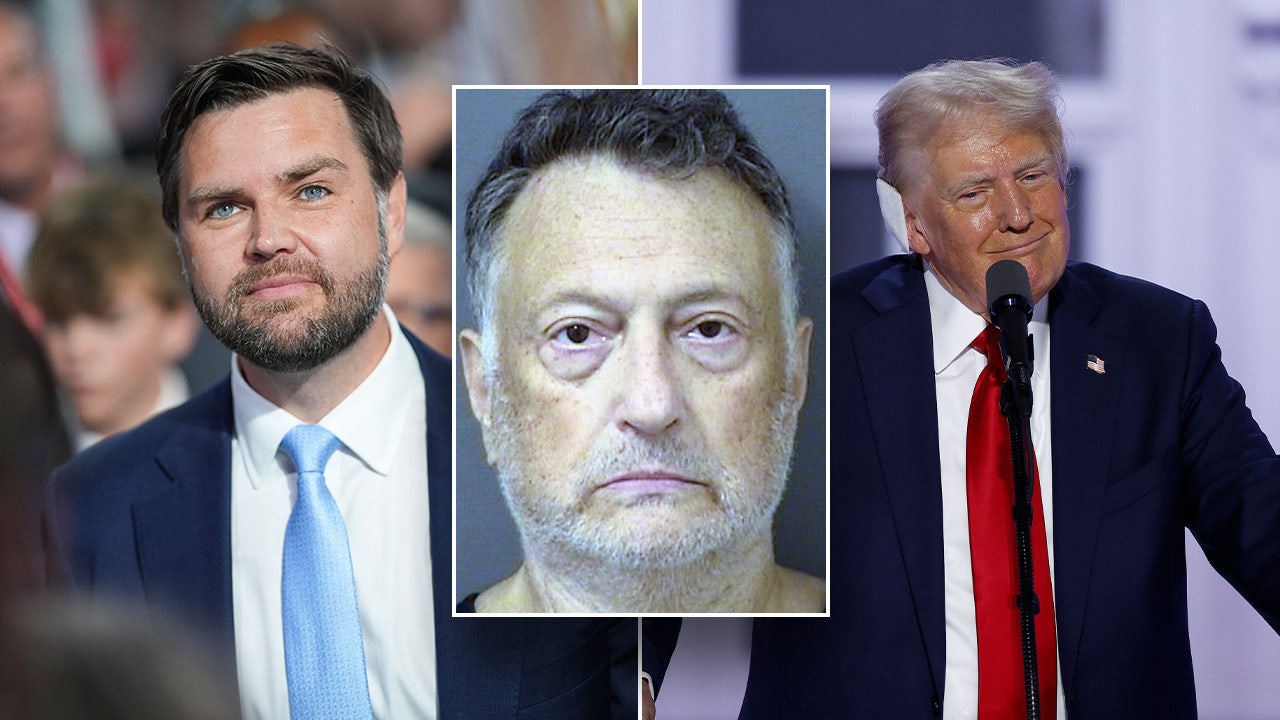The judge handling former President Donald J. Trump’s classified documents case in Florida got into a heated exchange with a federal prosecutor on Wednesday over a minor but bitterly contested issue, highlighting again how bogged down the proceedings have become.
In this case, the topic was an unproven accusation by Mr. Trump’s legal team that at an early stage of the inquiry prosecutors sought to get one of his co-defendants to cooperate against him by threatening his lawyer.
The exchange occurred at a hearing where the prosecutor, David Harbach, angrily denied the accusation and the judge, Aileen M. Cannon, pressed him for details. The dispute concerned a meeting nearly two years ago at the Justice Department. A lawyer for the co-defendant, Walt Nauta, claims that prosecutors hinted that they could derail a judgeship he was seeking if he did not prevail on Mr. Nauta to turn on Mr. Trump.
“The story about what happened at that meeting is a fantasy,” Mr. Harbach told Judge Cannon at one point. “It did not happen.”
The testy conversation ended with Judge Cannon advising Mr. Harbach to calm down. It was emblematic of the mounting frustration that prosecutors in the office of the special counsel, Jack Smith, have evinced not only toward defense lawyers in the case, but also toward the judge herself.
The dispute came on the heels of Mr. Trump’s legal team making several aggressive — and some unfounded — allegations of prosecutorial misconduct and political gamesmanship against Mr. Smith in a pair of motions unsealed on Tuesday.
It also arrived at a moment of heightened tension with Judge Cannon, who recently reset the schedule for the case, all but ensuring it will not go to trial before the November election.
The hearing, in Federal District Court in Fort Pierce, Fla., was held to consider a motion by Mr. Nauta arguing that he is the victim of a vindictive prosecution by the special counsel’s office. Mr. Nauta, who served as a personal aide to Mr. Trump in the White House and continues to be employed by him, stands accused of moving around boxes of documents in a plot to obstruct the government’s attempts to retrieve classified materials from Mar-a-Lago, the former president’s private club and residence in Florida.
In laying out evidence of what he asserted was a vindictive prosecution, Mr. Nauta’s lawyer, Stanley Woodward Jr., told Judge Cannon that during his first meeting with the government in August 2022, a prosecutor, Jay I. Bratt, mentioned that he had recently read that Mr. Woodward had applied to be a judge in Washington and hoped that he did not do anything to “screw it up.”
By Mr. Woodward’s account, Mr. Bratt followed that remark with an assertion that the government wanted Mr. Nauta to cooperate with its investigation. When Mr. Nauta refused to turn on Mr. Trump and declined to testify in front of a grand jury, Mr. Woodward claims prosecutors punished him by filing charges.
Mr. Woodward had initially asked Judge Cannon in filings to dismiss the indictment on those grounds. He scaled back his request in court on Wednesday, asking instead for another hearing in which witnesses could be called — Mr. Woodward among them — to determine exactly what had happened at the meeting with Mr. Bratt.
Judge Cannon seemed to realize that such a proceeding could easily turn into a time-consuming distraction, likening it to going down “a rabbit hole.” But the defense has so far been remarkably successful in persuading the judge to schedule hearings on a number of legal issues that many judges would have disposed of out of hand.
With Mr. Bratt listening from the prosecution table, Mr. Harbach immediately went after Mr. Woodward, calling his vindictive prosecution claims “a garbage argument.” Mr. Harbach made the point that even if Mr. Bratt had shown animus to Mr. Woodward — and he was not conceding that had happened — such feelings had nothing to do with how prosecutors may have treated his client, Mr. Nauta.
Moreover, Mr. Harbach pointed out, Mr. Woodward did not report Mr. Bratt’s alleged remarks to any legal ethics body. In fact, he noted, it was Mr. Trump’s lawyers who first raised the claims almost 10 months later, right around the time they met with Mr. Smith and other key prosecutors at the Justice Department in a failed attempt to stave off an indictment.
Although she seemed to recognize the tangential nature of Mr. Woodward’s allegations, Judge Cannon nonetheless appeared to be intrigued.
She asked Mr. Harbaugh whether it was true, as Mr. Woodward has claimed, that Mr. Bratt opened their discussion at the meeting by noting that Mr. Woodward was not a “Trump lawyer” in a way that seemed to be designed to curry favor with him.
“Should comments like that be made?” Judge Cannon asked. “Is that consistent with the fullest standards of professionalism?”
Mr. Harbach eventually conceded that words to that effect had in fact been used at the meeting. But he was adamant that there had been no effort to threaten Mr. Woodward into getting Mr. Nauta to flip on Mr. Trump.
“It’s plainly untrue,” he said, adding in an almost pleading voice, “it’s just not right.”






